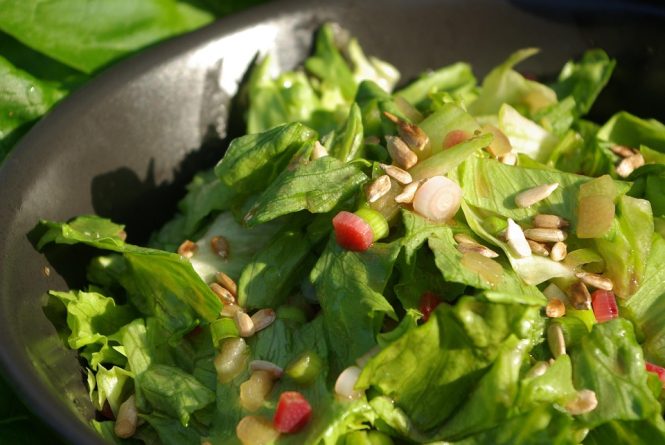
Eat Your Way to a Healthier Heart: The Top Foods for Reducing Cholesterol
Maintaining a healthy heart is crucial for overall well-being, and one of the key factors in achieving this is managing cholesterol levels. High cholesterol can increase the risk of heart disease, heart attacks, and strokes. While medication and lifestyle changes are often recommended, incorporating certain foods into your diet can also play a significant role in reducing cholesterol levels. In this article, we will explore the top foods that can help you eat your way to a healthier heart.
The Importance of Diet in Managing Cholesterol
Before we dive into the specific foods, it’s essential to understand how diet affects cholesterol levels. Cholesterol is a type of fat found in the bloodstream, and there are two main types: low-density lipoprotein (LDL) or “bad” cholesterol, and high-density lipoprotein (HDL) or “good” cholesterol. A diet high in saturated and trans fats can raise LDL levels, while a diet rich in fiber, vitamins, and minerals can help lower LDL and increase HDL.
Top Foods for Reducing Cholesterol
- Oatmeal: Oatmeal is an excellent source of soluble fiber, which can help lower LDL levels by binding to bile acids and removing them from the body. Try having a bowl of oatmeal with fruit and nuts for breakfast.
- Fatty Fish: Fatty fish such as salmon, tuna, and mackerel are rich in omega-3 fatty acids, which can help reduce inflammation and triglycerides in the blood. Aim for at least two servings of fatty fish per week.
- Avocados: Avocados are a rich source of monounsaturated fats, which can help lower LDL levels and increase HDL levels. Add sliced avocado to your sandwiches, salads, or omelets.
- Almonds: Almonds are a good source of monounsaturated fats and fiber, making them an excellent snack for managing cholesterol levels. Try having a handful of almonds as a mid-morning snack.
- Berries: Berries such as blueberries, strawberries, and raspberries are rich in antioxidants and fiber, which can help reduce inflammation and improve cholesterol profiles. Add berries to your oatmeal, yogurt, or salads.
- Leafy Greens: Leafy greens such as spinach, kale, and collard greens are rich in vitamins, minerals, and fiber, which can help lower cholesterol levels and improve overall heart health. Add leafy greens to your salads, smoothies, or sauté them with garlic as a side dish.
- Legumes: Legumes such as lentils, chickpeas, and black beans are rich in fiber, protein, and vitamins, making them an excellent addition to a heart-healthy diet. Try having a bowl of lentil soup or adding chickpeas to your salads.
- Tea: Tea, particularly green tea, is rich in antioxidants and catechins, which can help reduce inflammation and improve cholesterol profiles. Aim for at least two cups of tea per day.
- Dark Chocolate: Dark chocolate with at least 70% cocoa content is rich in flavonoids, which can help improve blood flow and lower blood pressure. Enjoy a small piece of dark chocolate as a treat.
- Fermented Foods: Fermented foods such as kimchi, sauerkraut, and yogurt are rich in probiotics, which can help improve gut health and reduce inflammation. Add fermented foods to your meals or have them as a side dish.
Incorporating These Foods into Your Diet
While incorporating these foods into your diet can help reduce cholesterol levels, it’s essential to remember that a balanced diet is just one aspect of maintaining a healthy heart. Here are some tips to help you incorporate these foods into your diet:
- Start by adding one or two new foods to your diet each week
- Experiment with new recipes and flavors to keep your diet interesting
- Aim for a variety of colors on your plate to ensure you’re getting a range of vitamins and minerals
- Consider consulting with a registered dietitian or a healthcare professional to create a personalized meal plan
Conclusion
Maintaining a healthy heart is a lifelong journey, and incorporating the right foods into your diet can play a significant role in reducing cholesterol levels and improving overall heart health. By adding these top foods to your diet and making lifestyle changes, you can eat your way to a healthier heart and reduce your risk of heart disease. Remember to always consult with a healthcare professional before making significant changes to your diet or lifestyle.